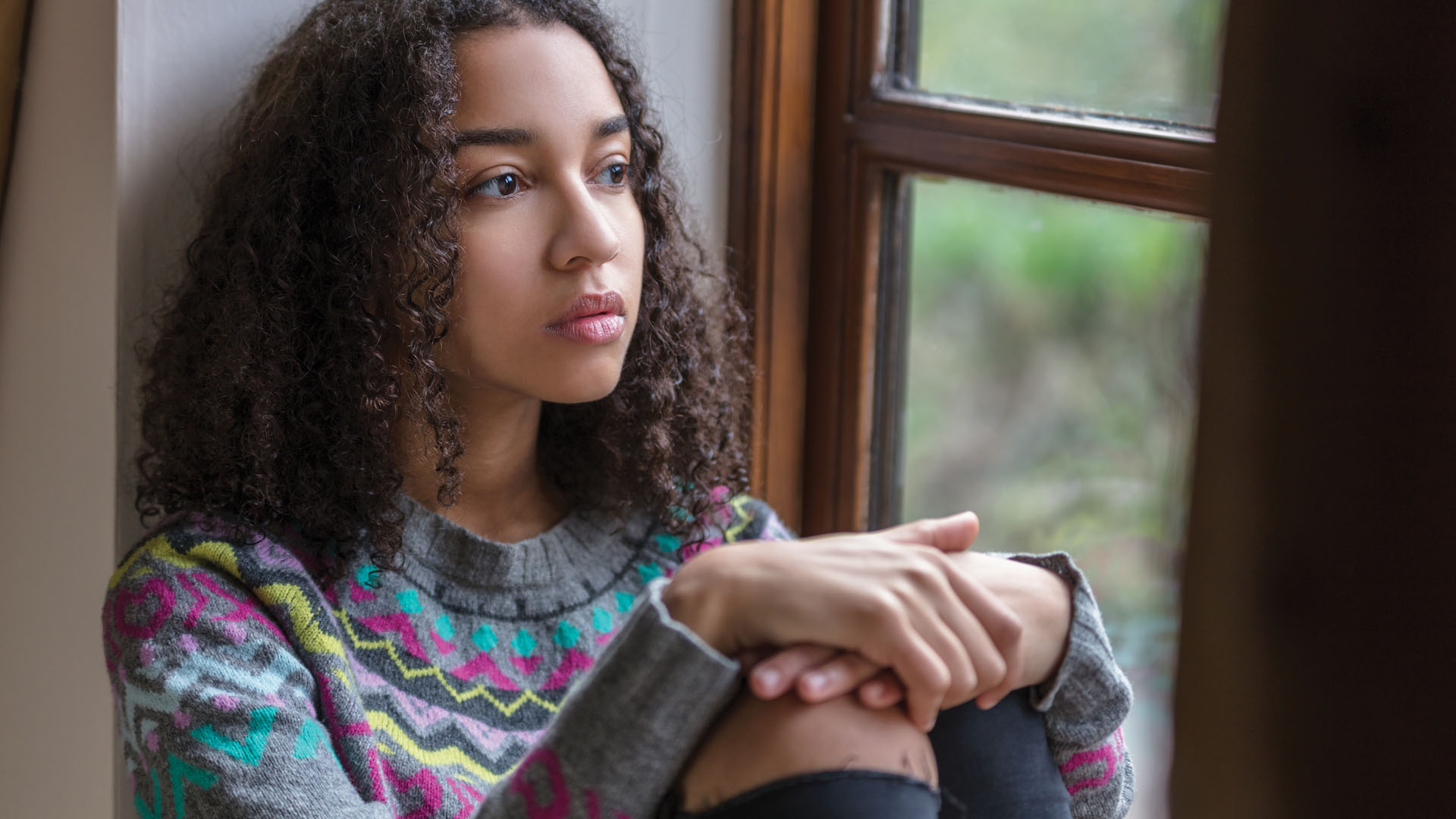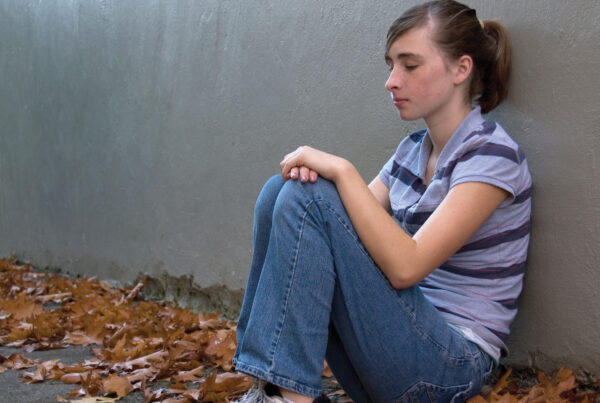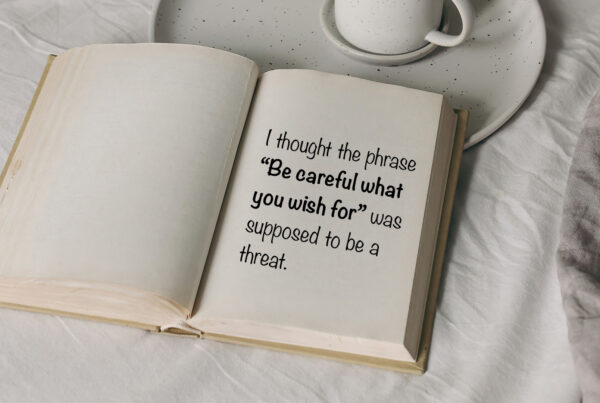I think almost everyone alive in the 21st Century knows someone who’s struggled with mental health, or currently is struggling. For me, I know plenty of my friends and even people in my family who have. Family, friends, teachers, mental health professionals: No matter what side of the relationship you’re on, it can add significant strain on both involved. But engaging with young people on these issues is vital … even when we may not seem to welcome the attention.
COVID acted as a great vessel for mental health conversations to begin, but there’s still a lot of work to be done. A lot of young people are more comfortable talking about mental health now, and I think we should take great pride in how honest and open we are. It’s definitely important to highlight our tremendous progress!
On the other hand, there is a great amount of mental health care stigma, even after the height of the pandemic. Certain communities don’t move forward in the way the majority of society does due to lack of mental health education or resources. For example, I think mental health is extremely tough on young men. There is still shame in crying or being open about how you feel. This appears in a lot of communities of color as well, and undoubtedly causes a lot of adolescents to feel like they can’t speak out about their mental health.
Parents
For young people in their adolescence, the opinions and reactions of parents are more important to us than most parents understand.
Parents can struggle with recognizing the additional stress their child has on their shoulders, whether it’s from an extracurricular activity or a situation with a friend (which a lot of parents will brush off or label as “stupid,” “dramatic,” etc.). Additionally, the way parents interact with their kids is absolutely crucial. We need to know you’re there, we need to know you accept us for who we are, and we need to know this even when we want to be alone.
It’s also a common misconception that you need to have long and deep conversations with your kid, when in reality, you can tell them these things through a letter, quality time, or listening without your phone in hand.
Friends
I’ve struggled with mental health issues myself, so I’ve been both in a friendship with someone battling mental health issues, and also the friend who is. These rough patches or hard times make being transparent with your friends difficult. Sometimes youth find it hard to open up with someone you completely trust. It can cause them to distance themselves from their friends and family.
However, looking at it positively, learning a friend is struggling can allow you to show up for them in ways you wouldn’t normally. People tap into their love languages, which is beautiful!
Therapeutic Professionals/Counselors
Utilizing mental health counselors or therapists is a “saving grace” for a lot of people. Doctors are also more likely to prescribe antidepressants nowadays, which have positive impacts on a lot of people struggling with their mental health. These approaches work best together: finding a medication that works for your body, while practicing healthy discussion about your mind. A lot of my friends, peers, and myself have access to these resources, and for that I am so grateful.
However, mental healthcare is still healthcare – which means it’s immensely expensive. A lot of families can’t afford the few options they might be provided with. Most assigned counselors at (public) schools are promoted as a scholarly or educational resource. They can help you change your schedule for the upcoming school year, or let you relax in their office if you feel anxious, but they cannot act as a sustainable mental health resource long term.
I think public schools would benefit from hiring trained mental health professionals that are designated to help adolescents struggling with a mental illness or going through a hard time. Mental health therapy deserves to be more accessible to all that need it. Teenagers are going through the hardest years of their lives, finding themselves, and experiencing all things uncomfortable. This service could completely change the life of youth.
Bring Change 2 Mind
I think the Bring Change 2 Mind group can be revolutionary for young minds, at all ages! BC2M has a mission to end the stigma and discrimination surrounding mental illness for teens and adults around the country. This organization promotes healthy minds and self-care, which is what we need as we grow.
I learned about Bring Change to Mind while reading a blurb from one of my teachers about it online. It was 2021, I was a virtual student (thanks to COVID), and I wanted something to connect me to other kids and the community. I jumped in headfirst, becoming the first president to lead this club at my school. We started with four students, and ended with 30+ my senior year.
I had never dreamed of being a leader, I hated speaking out in class and it was a nightmare to talk to new people. BC2M was really the best stepping stone I could’ve asked for, and I’m so lucky to have grown into a thoughtful mental health advocate through their high school club program.
Conclusion
When it comes to mental health among young people, there have been successes, and I’m sure the efforts to help youth open up about their mental health have saved lives. But we have a long way to go, and all stakeholders need to embrace their roles in helping young people in their communities meet the challenge of mental wellness in their lives.






